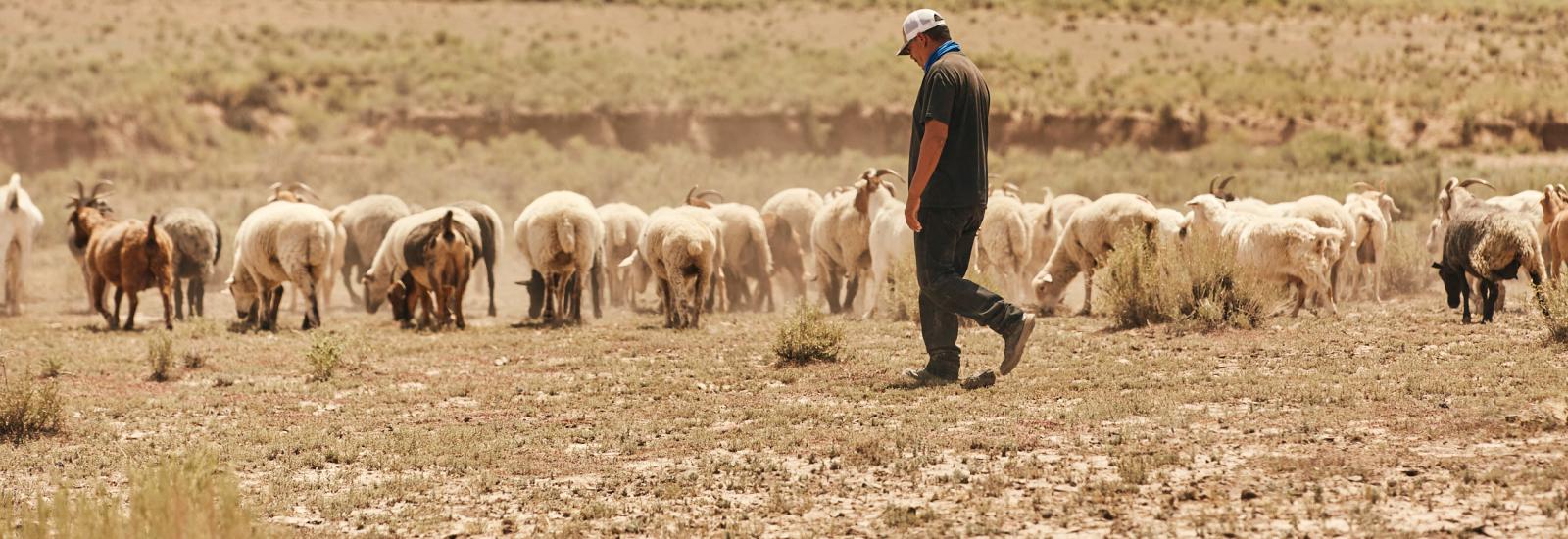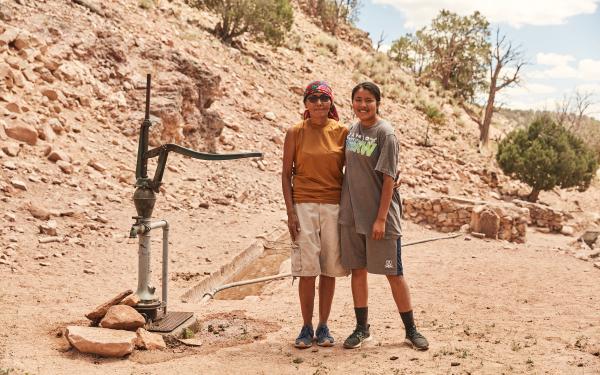Our primary goal is to facilitate access to clean water driven by requirements-focused needs
The Situation
The Navajo Nation is a federally recognized tribe with reservation lands in the states of New Mexico, Arizona, and Utah in the four corners region of the United States. The Nation is one of the largest in the country, with over 330,000 members, 175,000 of whom reside on the reservation.
The COVID-19 crisis has highlighted the fundamental importance of secure access to clean water, sanitation and hygiene (WASH) to ensuring public health.
Extended drought and changing climate already threaten the productivity of agriculture on Navajo Nation Lands, which will only worsen with increasing temperatures and changing rainfall patterns.
Current water delivery infrastructure is insufficient to meet the demands of the population, and often in a state of disrepair.
With its remote location and wavering federal assistance, the Navajo Nation has reached a critical point in its efforts for improved water access, particularly for rural residents.
Our Work
Water resource use and sustainable management are essential to WASH and agriculture and require both scientifically-based use strategies and sound business models for ongoing operation.
GWI’s Sustainable Village Water Systems (SVWS) model combines all of these components – development of secure water access, WASH, agriculture, and sustainable business enterprises in agriculture and water services.
In partnership with Navajo Nation Leadership and the Division of Natural Resources, our team will take a multifaceted approach to providing sustainable, clean, fit-for-purpose water access and business enterprises.
This work will include:
1. A comprehensive water resource assessment and development of an optimized water use strategy
2. Improved water access across Navajo Nation Lands with new well installations, infrastructure repairs and upgrades, and design and installation of comprehensive water access systems that include site-specific treatment
3. Training on the development of new water-related businesses, including a water well drilling franchise and private operator water services
4. Agricultural extension training and demonstration farms
5. Water, sanitation and hygiene (WASH) and public health outreach
GWI is partnering on this project with:


